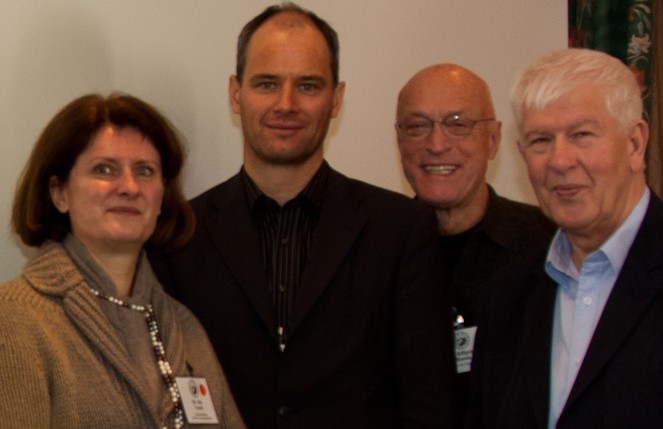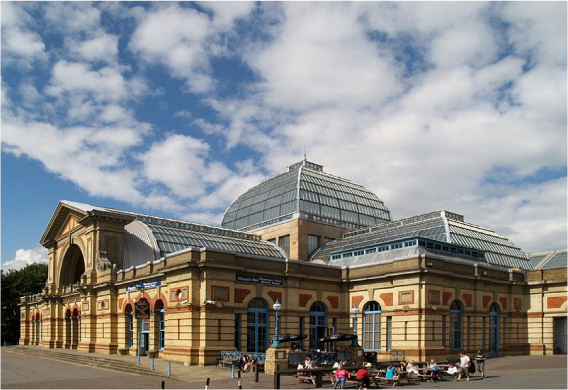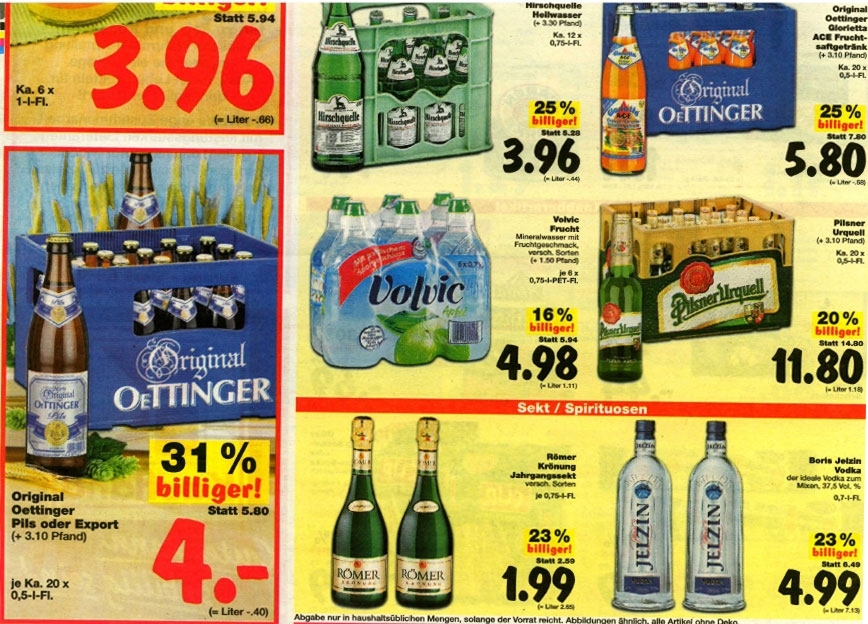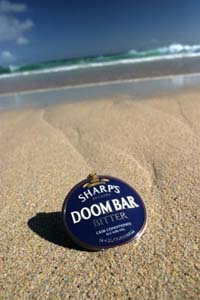Readers, I gate-crashed. I know, I know, you won’t approve. It’s not the done thing to turn up uninvited at someone else’s party. But sometimes the means justify the end. As the press had not been invited to an exclusive bash given by Diageo for Berlin’s politicos plus assorted movers and shakers in early February, yours truly turned up nevertheless and walked in hiding behind some lobbyist’s broad shoulders. Alas, my cover soon was blown when Diageo’s charming PR man came up to me. Kindly, he did not have me evicted.
For close on 20 years, European beverage bottlers, wholesalers, brewers and retailers had met in the Swiss skiing resort of Davos to discuss pertinent industry issues. The annual conference called Bündner Runde was organised by Rüdiger Ruoss, host extraordinaire and one of the best-connected men in the industry.
Dutch brewer Heineken has beaten London’s only remaining family brewer Fuller’s Brewery to become the Official Lager Supplier of the London 2012 Olympic and Paralympic Games in a tier three sponsorship deal announced on 3 February 2011. Fuller’s, the west London-based brewery, best known as the makers of the iconic beer London Pride, is said to be “disappointed” that the 2012 organisers have opted not to use a traditional British brewery as an official sponsor and instead go for a bigger international company. But, come on, what planet does Fuller’s live on? Compared to Heineken it does not exist.
Happy Chinese New Year, luxury goods industry. LVMH’s net income for 2010 soared 73 percent. Less than two years after the financial crisis indulgence is back in style. Bernard Arnault, creator of LVMH Louis Vuitton Moët Hennessy, is one of the biggest beneficiaries. Consumers sipped Dom Pérignon Champagne and Hennessy cognac, donned Hublot watches and sported Louis Vuitton handbags in record numbers last year, especially in Asia, driving sales at LVMH, the world’s largest luxury goods company, to new heights and sharply lifting profitability. No wonder, LVMH’s market capitalisation has almost tripled to EUR 60 billion in 2010 from EUR 23 billion in 2008, making it one of the most lucrative investments in the wider consumer goods industry.
In case you wondered how several of Germany’s major beer brands managed to keep or even raise sales volumes in a declining market, the answer is: through heavy discounting. In the month of December 2010 alone, ten beer brands (Beck’s, Bitburger, Radeberger, Warsteiner among them) witnessed over 10,000 price promotions all over Germany, twice the number of promotions they had in December 2009, says Drotax, a market research company.
It’s bonus season for bankers in the UK, including at banks bailed out by taxpayers. Many Britons’ underlying resentment of highly paid bankers has come to the fore.
Davos, Switzerland, became the temporary capital of the planet during the last week of January 2011 as business and policy leaders converged at the World Economic Forum to tackle pressing issues.
A big leap forward? On 2 February 2011 Molson Coors UK, which produces Carling and Grolsch lagers, announced it has bought Sharp’s, the Cornwall-based craft brewery, for GBP 20 million or 12 times profits.
Belarus may be Europe’s last dictatorship, but Carlsberg obviously believes that the country of 10 million people with an average beer consumption of 49 litres is a promising and important market.
The world gives little thought to Belgium. But it should. Chronic bickering between Flemings and Walloons since the general election in June 2010 has left a caretaker government in office for 230 days …





